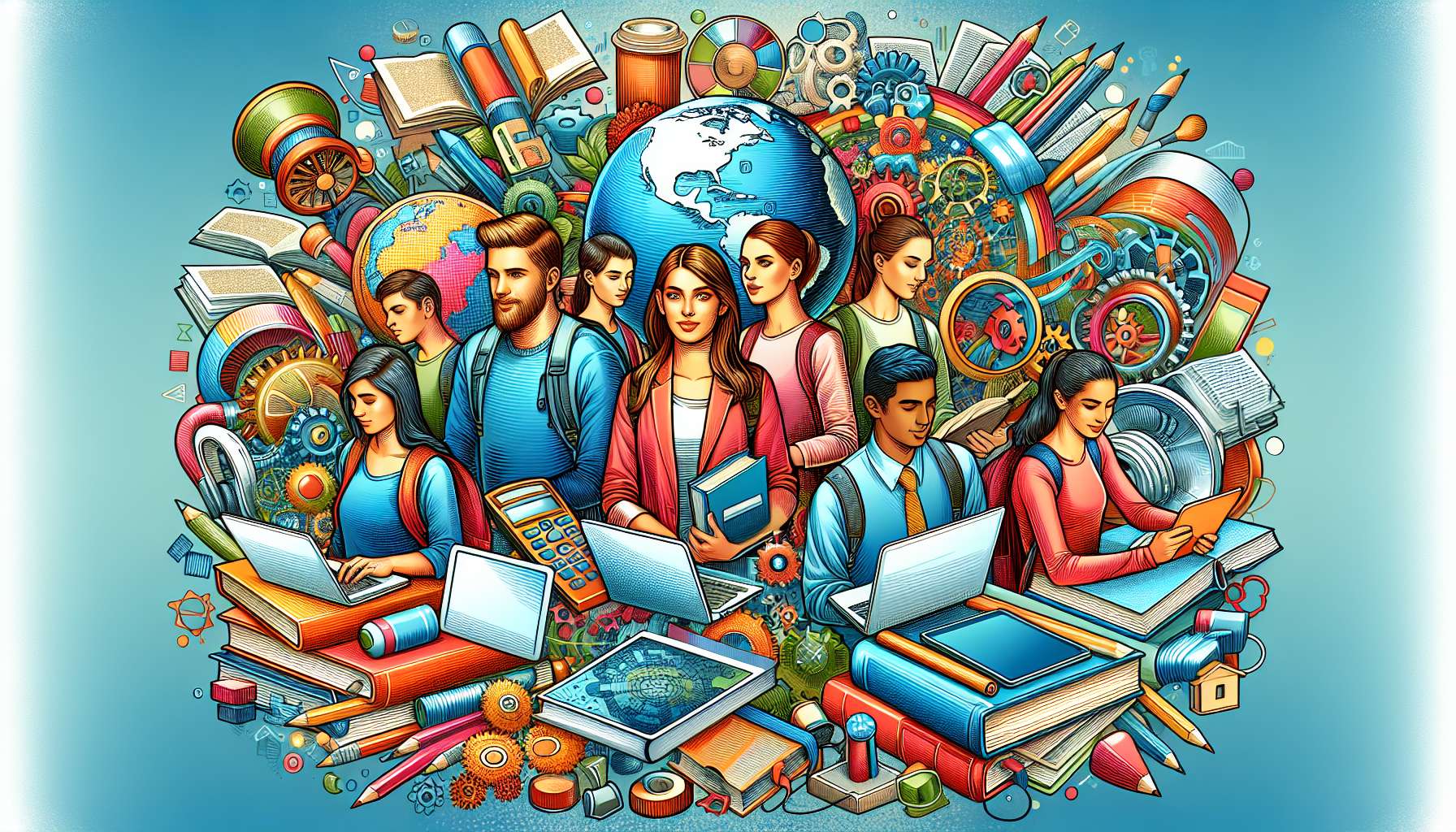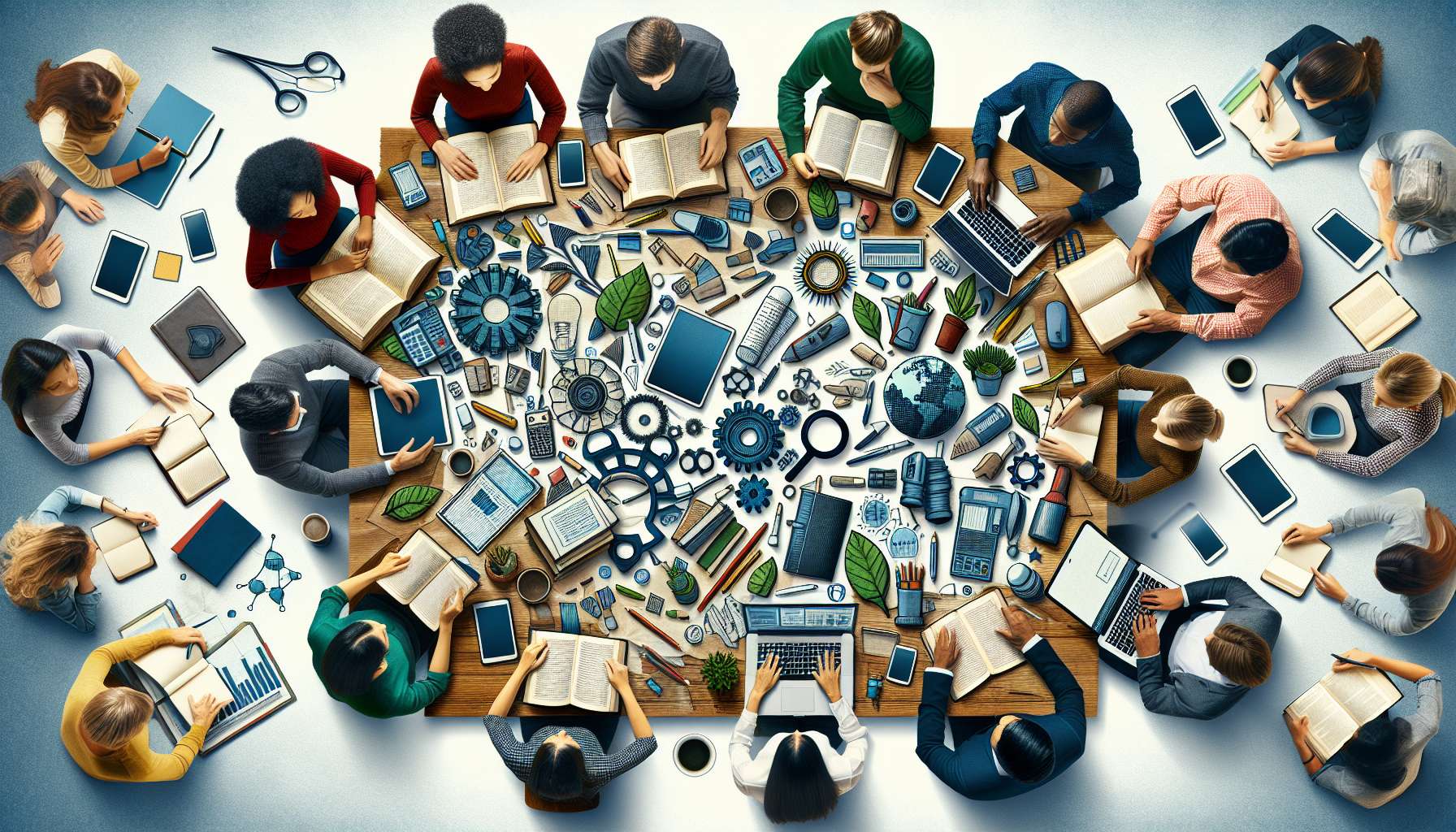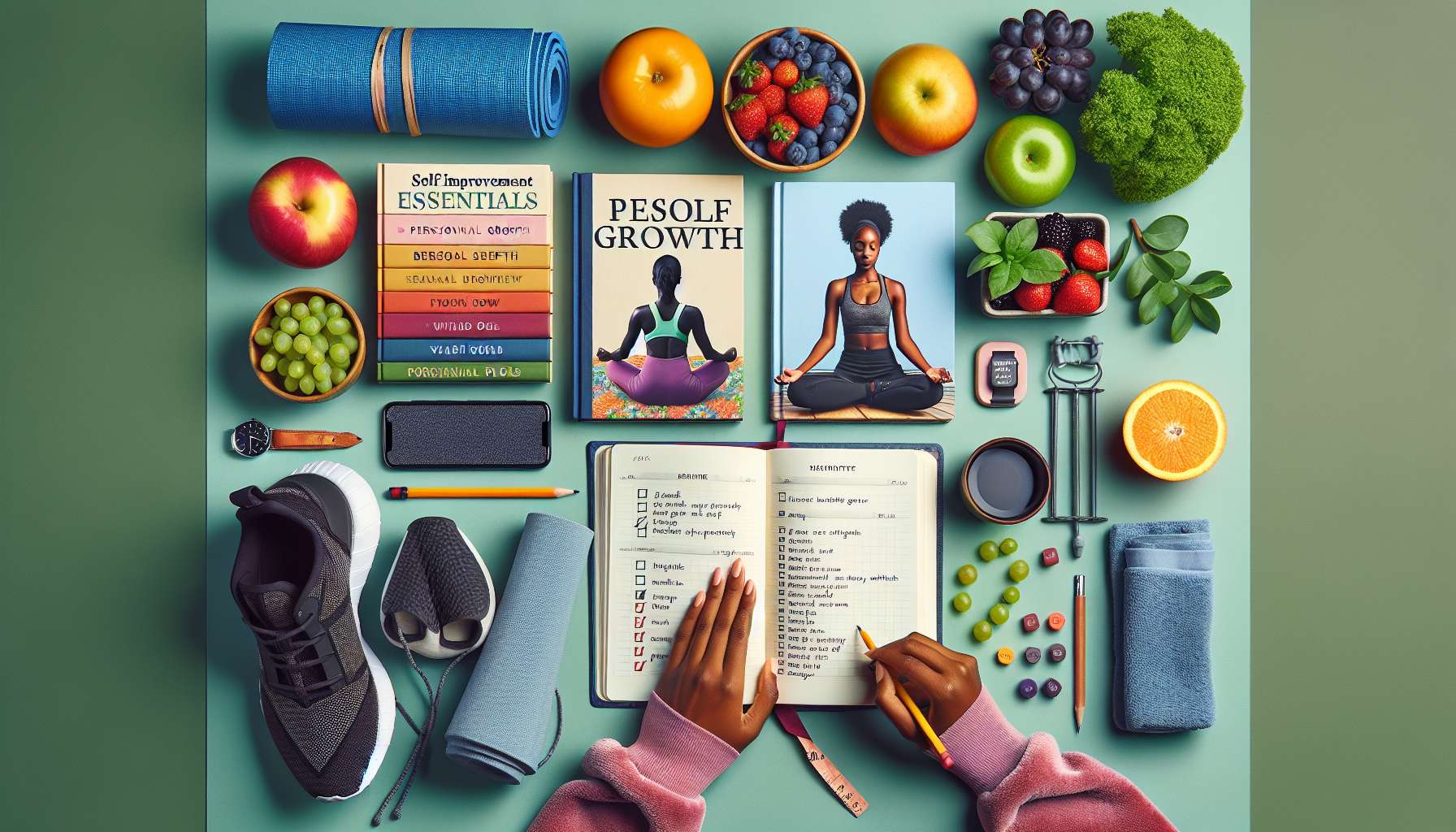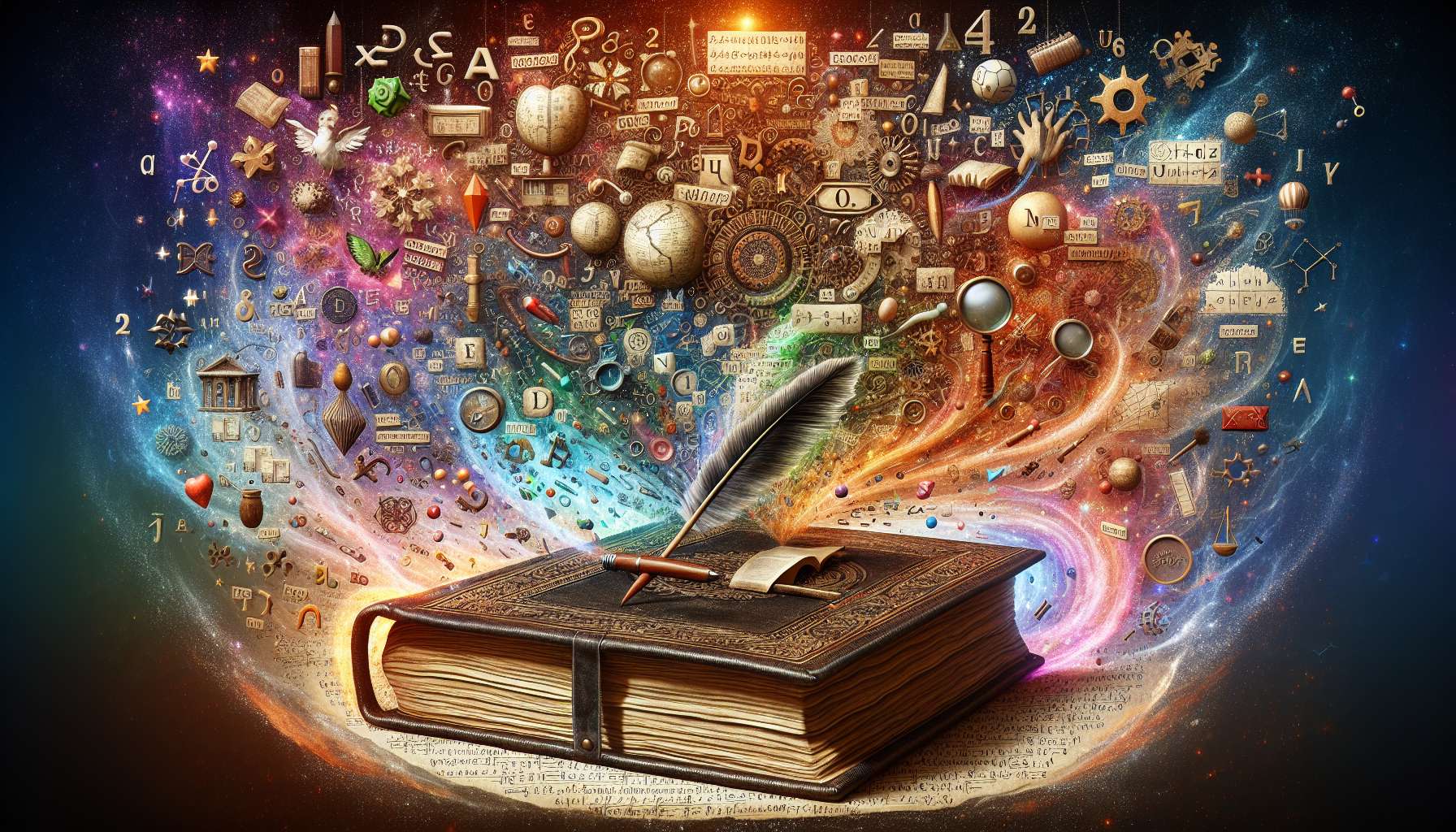Essential Educational Resources: A Comprehensive Guide
Education is the cornerstone of society, shaping the minds of individuals and driving progress in various fields. In the digital age, the landscape of education has evolved significantly, with a plethora of resources available to enhance learning experiences. From traditional textbooks to interactive online platforms, educational resources play a crucial role in shaping the future of learners. In this article, we delve into the world of essential educational resources, exploring their significance, impact, and the diverse options available to students and educators.
The Evolution of Educational Resources
Education has come a long way from the days of slate boards and chalk dust. With the advent of technology, educational resources have undergone a significant transformation, offering innovative tools and platforms to facilitate learning. Digital textbooks, interactive simulations, online courses, and educational apps are just a few examples of the diverse resources available to learners today. These resources not only make learning more engaging and accessible but also cater to different learning styles and preferences.

Importance of Educational Resources
Educational resources play a vital role in enhancing the quality of education and promoting lifelong learning. They provide students with access to up-to-date information, diverse perspectives, and interactive learning opportunities. By incorporating various resources into their teaching practices, educators can create dynamic and engaging lessons that cater to the needs of all learners. Additionally, educational resources help bridge the gap between theory and practice, enabling students to apply their knowledge in real-world scenarios.
Types of Educational Resources
There is a wide range of educational resources available to students and educators, each serving a unique purpose in the learning process. Some common types of educational resources include:
1. Textbooks
Textbooks have long been a staple in the classroom, providing students with foundational knowledge in various subjects. While traditional textbooks are still widely used, digital textbooks have gained popularity due to their interactive features and multimedia content.
2. Online Courses
Online courses offer a flexible and convenient way for students to learn new skills and acquire knowledge. Platforms like Coursera, Udemy, and Khan Academy provide a wide range of courses on diverse topics, allowing learners to study at their own pace.
3. Educational Apps
Educational apps are designed to make learning fun and engaging for students of all ages. From language learning apps to interactive math games, there is an app for almost every subject, catering to different learning styles and preferences.
4. Educational Websites
Educational websites offer a wealth of information and resources on various topics, making them valuable tools for research and self-directed learning. Websites like Wikipedia, TED-Ed, and National Geographic Kids provide educational content in an accessible and engaging format.
5. Multimedia Resources
Multimedia resources, such as videos, podcasts, and interactive simulations, add a visual and auditory dimension to learning, making complex concepts easier to understand. Platforms like YouTube, TED Talks, and PhET Interactive Simulations offer a wealth of multimedia resources for students and educators.
The Role of Technology in Education
Technology has revolutionized the field of education, providing new opportunities for teaching and learning. From interactive whiteboards to virtual reality simulations, technology has opened up exciting possibilities for educators to engage students and enhance learning outcomes. By integrating technology into their teaching practices, educators can create dynamic and interactive lessons that cater to the needs of 21st-century learners.
Challenges and Controversies
While educational resources offer numerous benefits, they also pose certain challenges and controversies. The digital divide, lack of access to technology, concerns about screen time, and issues of information overload are some of the challenges associated with the use of educational resources. Additionally, there are concerns about the quality and accuracy of online information, as well as the potential for bias and misinformation in educational content. Educators and policymakers must address these challenges to ensure that all students have access to high-quality educational resources.
Expert Opinions
According to Dr. Jane Smith, an education expert, “Educational resources are essential tools for promoting student engagement, fostering critical thinking skills, and enhancing overall learning outcomes. By leveraging a variety of resources, educators can create dynamic and interactive learning experiences that cater to the diverse needs of their students.”
Common Misconceptions
One common misconception about educational resources is that they are only beneficial for students who struggle academically. In reality, educational resources are valuable tools for all students, regardless of their academic abilities. By incorporating diverse resources into their teaching practices, educators can create inclusive and engaging learning environments that meet the needs of all learners.
Conclusion
As we have explored in this article, educational resources are essential tools for enhancing the quality of education and promoting lifelong learning. From textbooks to online courses, educational resources offer a wealth of opportunities for students and educators to engage with information, acquire new skills, and expand their knowledge. By leveraging a variety of resources and integrating technology into their teaching practices, educators can create dynamic and interactive learning experiences that cater to the diverse needs of their students. As we look to the future of education, it is clear that educational resources will continue to play a vital role in shaping the minds of future generations and driving progress in society.
To wrap things up, educational resources are not just tools for learningthey are pathways to knowledge, understanding, and growth. By embracing the diverse resources available to us, we can unlock new possibilities, broaden our horizons, and embark on a journey of lifelong learning. As we navigate the ever-changing landscape of education, let us remember the power of educational resources to inspire, educate, and empower learners of all ages.




